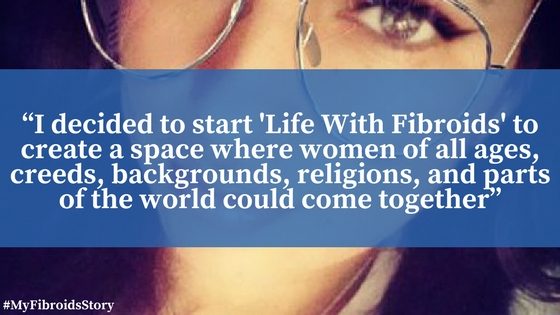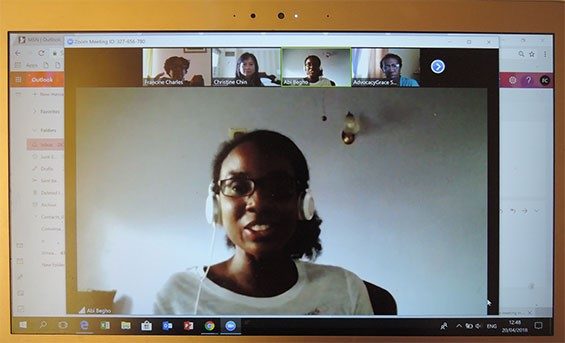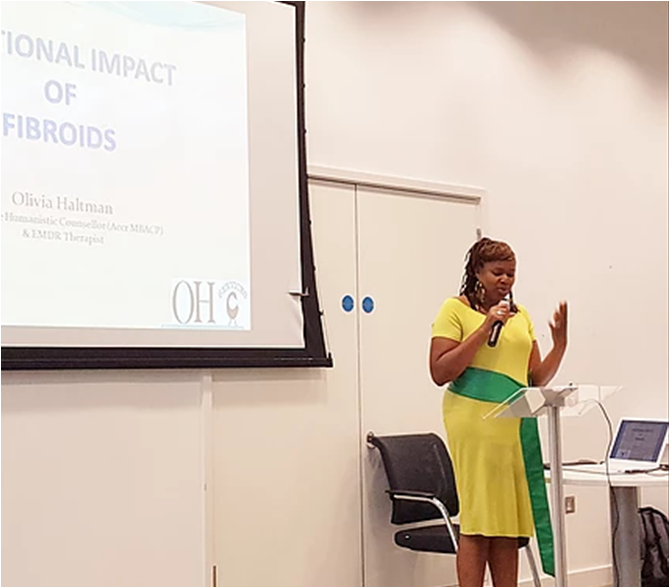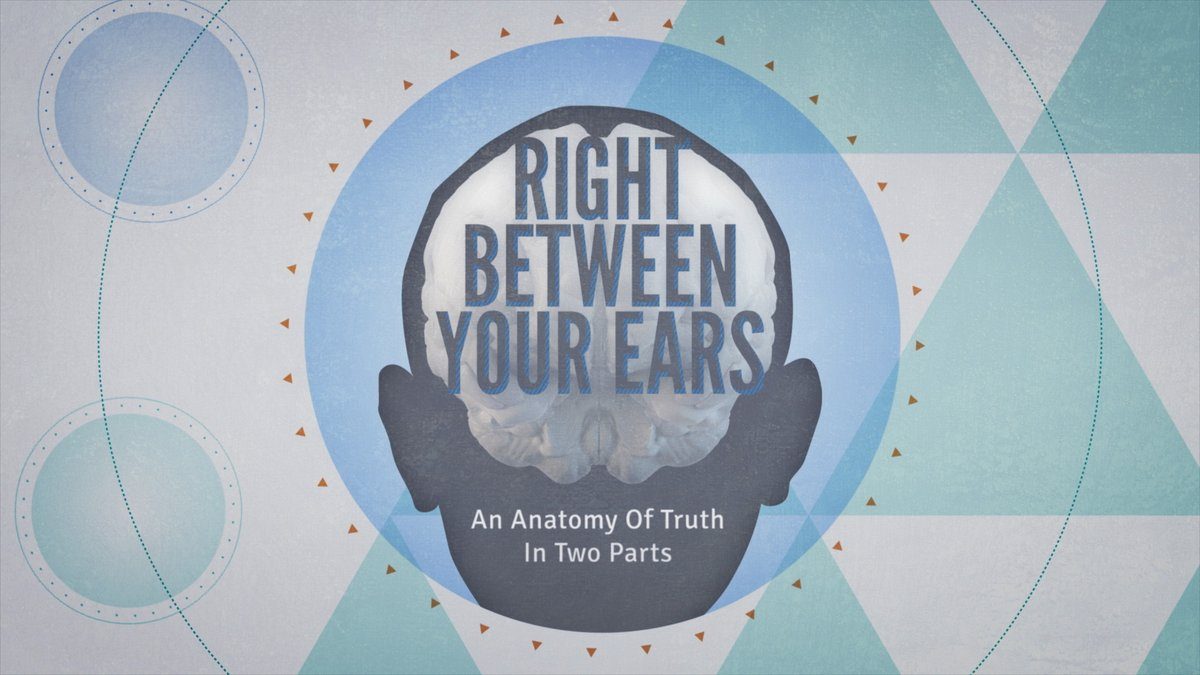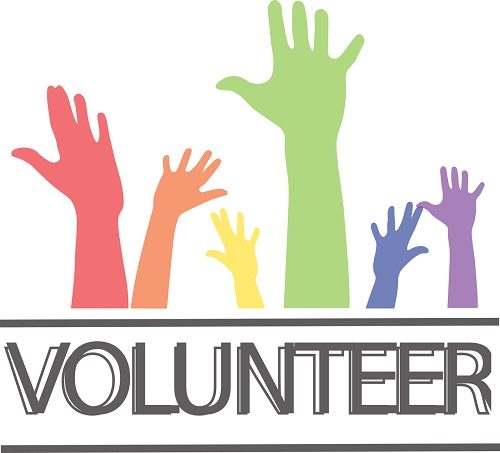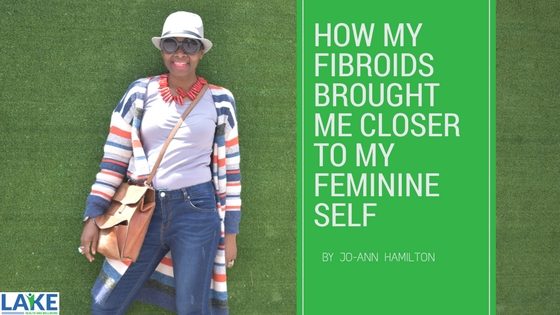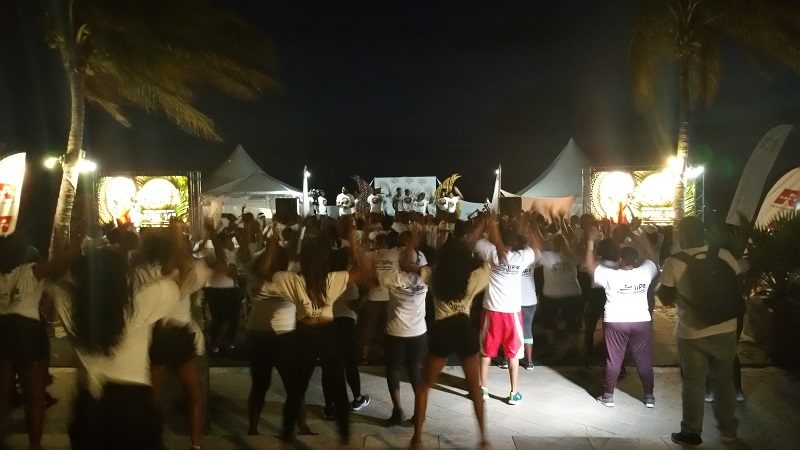My Life With Fibroids
In today’s blog post we hear from Silvia who shares her experience with fibroids and explains why she started her blog, Life With Fibroids.
Well, let’s start off with a little bit about me. My name is Silvia and I am married to an amazing man who is so supportive and have an adorable dog who from time to time drives me nuts, but that is okay because I adore him. I have fibroids and have been living with them for two years and have come to a place in my life where I want to share my story and my personal opinions and connect with others and learn about their stories as well.
I was diagnosed with Uterine Fibroids two years ago officially but have lived with them for just about 6 years now and since then I have done a lot of research but there is still so much more to do, so in no way am I saying I am an expert and I am not a doctor. I decided to start my website, Life with Fibroids, to create a space where women of all ages, creeds, backgrounds, religions, and parts of the world could come together and know that having fibroids does not mean that you are alone. Although fibroids is very common it is crazy to think that it is not a very talked about subject for most women and there is really no place to connect with others and ask how they are living with it and going through life with this. I was diagnosed with Uterine Fibroids two ago and they do affect my life they make me have the worst menstrual cycle of my life for example I have more bleeding and the first couple of days is so painful and the cramps sometimes can drop me to my knees. It hurts so much let me just say.
I guess, for me at least, that is the biggest inconvenience and it is so crazy to think that they can develop like they did for me because of the fact that your body can produce too much oestrogen and they can grow over time as well and can cause other problems like infertility if they block the Fallopian tubes and get in the way of implantation but to know that it is on a case by case situation and if you come to find out that you have them and are worried about that then I would definitely set up an appointment with your doctor and get your situation checked. I did and thankfully they are not going to stop me from getting pregnant but I think for the best option since they have gotten bigger is to get them removed before we try for a baby again since I have experienced a miscarriage due to fibroids and want to avoid any further complications due to fibroids, so that is another reason for me to write this post and try to reach out to those who are in the same situation and be an outstretched hand and let others know you are not alone and I am here for you. I guess I just want to help people share and get connected and help support each other because there are lots of stories like mine but there are also lots of stories that end up with a happy mommy and a happy baby, so like I said it is case by case and if I can help even one person then I think that writing this post and creating my blog, Life with Fibroids, is worth it.
Now let’s get a few things clear about fibroids first:
- Fibroids are not cancerous and from what I have come to learn not life threatening, so you can take that stress off your mind right now.
- What my doctor has come to teach me is that for every woman’s fibroids are different and can affect them in different ways and with fibroids especially the kind that I have which is Uterine Fibroids is always a case by case situation so in no way am I saying that I know everything about you and your situation so please feel free to write about your story and connect with others.
- Fibroids can happen anywhere in the body but the most common fibroid I have come to read about is Uterine Fibroids which is what I have.
- Even though many women have fibroids they can go their entire lives without knowing it due to having no symptoms and doctors not having any indication to look for them.
- Women who do have them and do have active symptoms can have a variety and cannot have their daily lives affected in any way and then there is the other side of the coin where women have their everyday life come to a standstill and cannot function and then of course there is the middle ground where you have good and bad days but nothing too drastic, which for the most part is where I fall, well for the most part anyway.
- My final point on this never-ending list is that for every woman with this diagnosis there is a story and it is different and each and everyone is valuable and important.
So with all that I have said again I just want to say that I created my blog, Life with Fibroids, as a place to connect and share your individual stories and remember that you are not alone and you are one of a kind and that you and I and everyone else living and not living with this is beautiful and amazing. Please feel free to visit my blog, share your stories and help me to connect with others from all over. Thanks for taking the time to read my post and even though I am not the most talented writer I want to share my story and hope that it can help at least one person out there. Thank you again for visiting and taking the time to read my post. At Life with Fibroids I do my best to keep everyone up to date on what is happening with me and my fibroids and try my best to keep it active and hopefully on-going. Have an awesome day and you rock!
Lake Health and Wellbeing would like to say a big thank you to Silvia for sharing her experience with fibroids, we hope that through her experience you have gained some useful insight into this condition. You can find out more about Silvia at Life With Fibroids
If you have any questions or comments please do leave these in the comments section below.
Disclosure: this post contains an affiliate link. Find out more here







